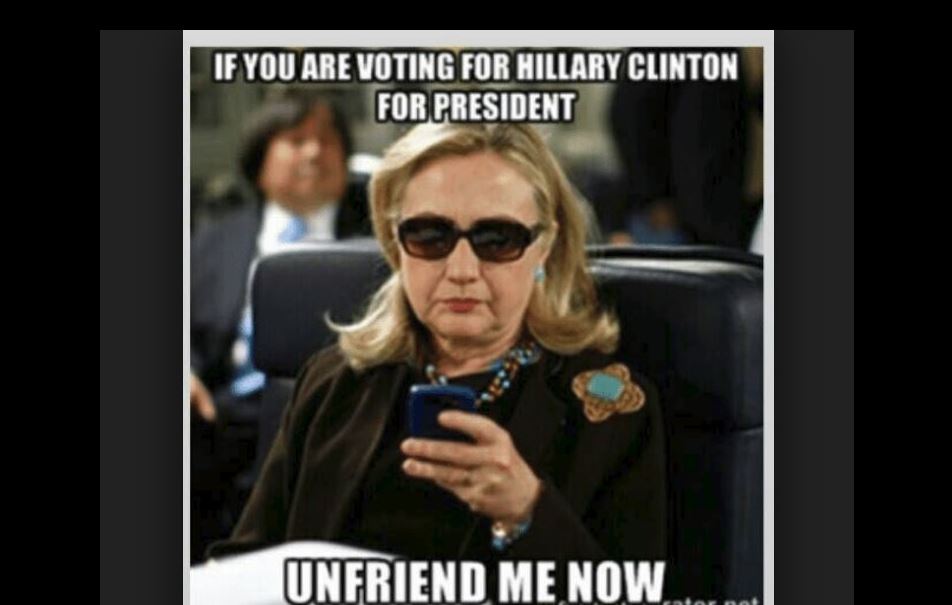I have an interesting meeting next week. A young woman in my community is working very hard on a set of policy suggestions for environmental measures, and she wants a libertarian perspective on the ideas she has drawn up. So we’re going to get together over coffee and talk about her plan and about what I think libertarians might think of it.
But I don’t want to write about her plan today.
I want to write about her invitation to talk about it.
I want to write about it because I think it’s an enormously important counterpoint to something that I see more of every day on my Facebook feed, in the media, and in the small daily interactions of people around me.
That’s the obstinate insistence that people who disagree cannot be friends or colleagues—that they cannot even be reasonably expected to communicate with one another.
Some disagreements, we are told, are just so profound, so deeply seated, so indicative of the other person’s moral turpitude that no reaching over the division is possible.
Shunning? Really?
That may be true, in some cases. Cultures all over the world have long had methods for shunning those whose behavior was so counter to cultural norms that they were viewed as potentially destructive threats to the culture’s continuation. I’m not saying that such threats don’t ever exist.
But in the last little while, I’ve seen claims that anyone who voted for Trump should be “cut off” from communication with “civilized society.” I’ve heard people argue that voting against the continuation of the ACHA reveals people to be morally bereft and outside the bonds of normal human interaction. I’ve heard college students and faculty argue not that they should not have to attend or listen to speakers with whom they disagree, but that no one else should be allowed to do so.
Some insist that all of this exclusion is being done because the excluders are brave.
That’s a lot of people to vote off the island.
Excluding Others Isn’t Brave
Worse than the sheer numbers involved, though, and even worse than the ever-expanding list of offenses that are considered dire enough to excise whole swathes of people from civil discourse, is the insistence that all of this exclusion is being done because the excluders are brave.
The rhetoric is familiar. “Stand up” against this offense. “Speak out” against that one. “Refuse to tolerate” X. “Give no quarter and make no compromises” with Y. “Shut down” the language of the other side. “Refuse to even entertain” opposing views. “Give no platform” to this person.
I think there’s bravery in resistance to wrongs. I don’t think there’s anything brave about shutting down speech and debate and refusing to interact with people with opposing views.
I think it’s much braver, and much harder, to look for ways to cross those barriers, to find the humanity in the people with whom you disagree most strongly, and to work to solve the problems that plague us rather than retreating to separate camps.
I think it is a brave thing to contact someone with whom you disagree politically and say “Let’s have coffee and talk about stuff. I want to understand how you see this problem.”
And I think we all ought to do it more often.
—
This article was originally published on FEE.org. Read the original article.
















Leave a Comment
Your email address will not be published. Required fields are marked with *